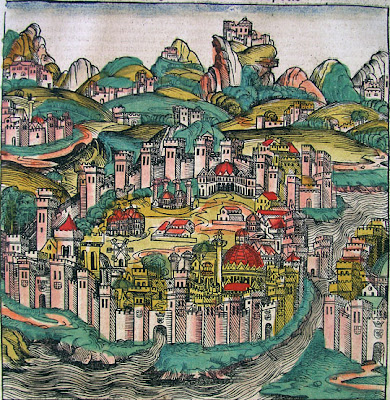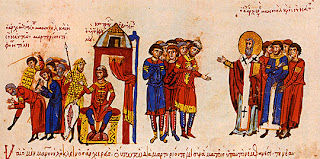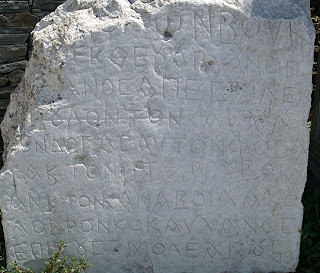NickTheGreat
Gesperrt
So...die Missionierungsabteilung und Religionskrieger haben wir jetzt dezimiert, jetzt werde ich meine volle Aufmerksamkeit einem der wichtigsten Themen der Welt widmen: Mezedone oder Makedone? Grieche oder Mekedonier/Mazedonier oder Grieche und Makedonier? etc. etc.
Ab jetzt gibts ohne weitere Vorwarnung direkte Verwarnungen für jede Art von Spam. Dann mal nur weiter mit euren Ergüssen....
Dann mach die Augen auf....ich nenne jetzt keine Namen, aber alle wissen wer gemeint ist..
Schau dir die Seite Mein Makedonien mit der Fyrom-Grossreichkarte an ...seit wann werden solche Seiten hier geduldet im BF? (PI-News wurde hier ja auch verboten)
Das ist das "Wissen", dass hier seit längerem verbreitet wird von einen User der selbst dort in den Block schreibt....das ist mindestens genauso so schlimm wie die Religions-Missioniere, wenn nicht schlimmer....die Religionsfanatiker wissen an was Sie glauben, aber der Block-Schreiber hier versucht absichtlich die Leute zu täuschen..







